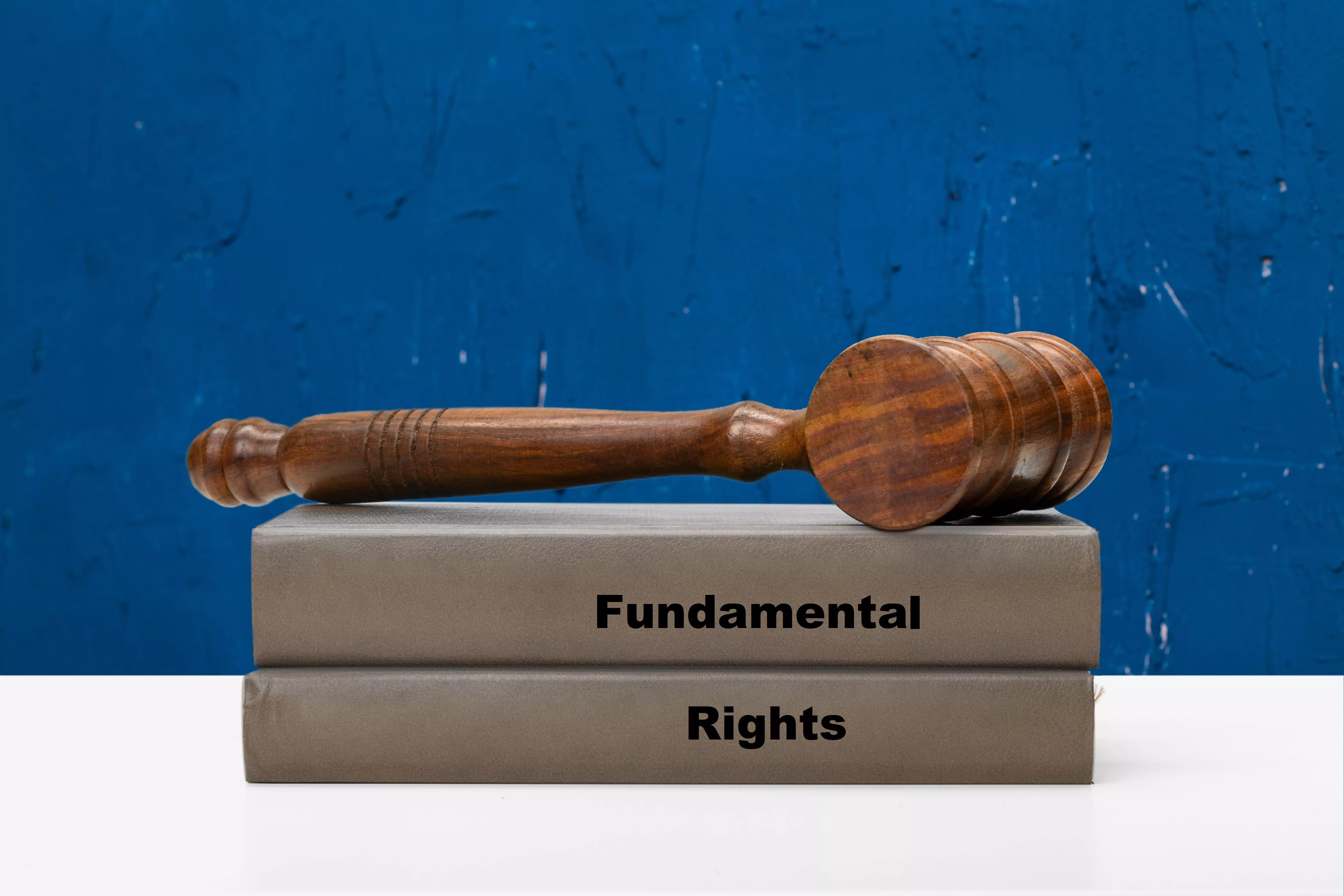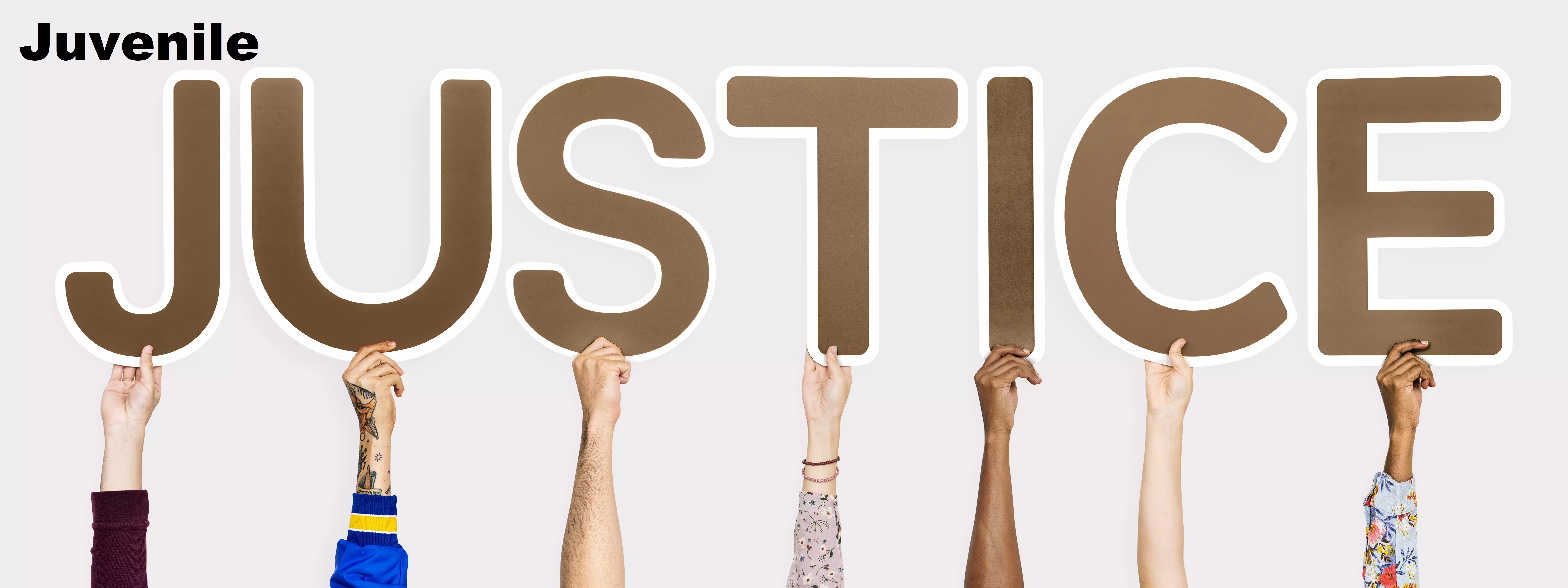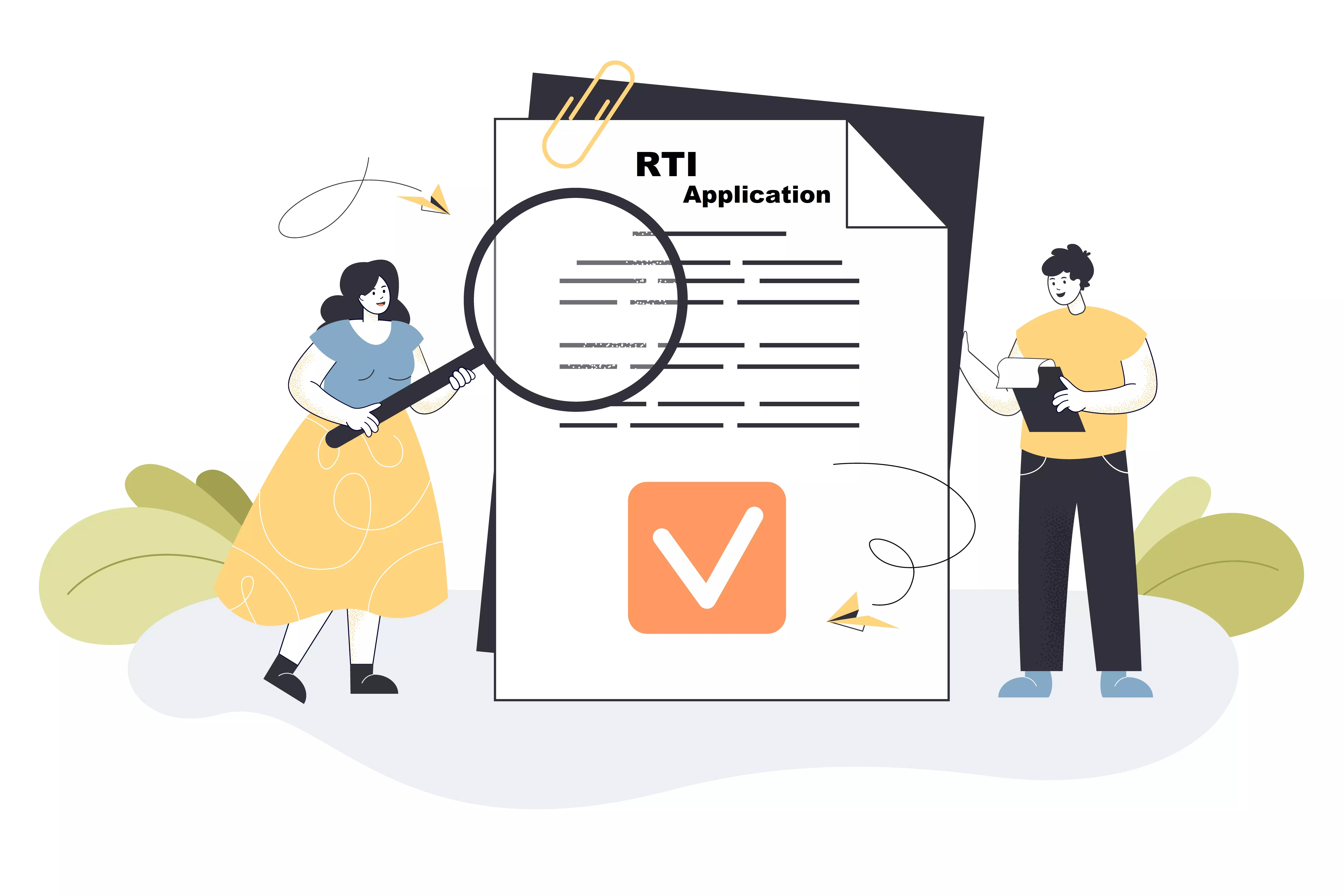Article 14, 19, 21 - Fundamental Rights in Indian Constitution with all major Supreme Court of India Judgements
The Indian Constitution is the supreme law of the land that
guarantees certain rights and freedoms to its citizens. These rights are known
as fundamental rights as they are essential for the dignity and development of
every individual. Among these rights, three articles are considered to be the
most important and interrelated. They are Article 14 (Right to Equality),
Article 19 (Right to Freedom) and Article 21 (Right to Life and Liberty). These
three articles are popularly known as the golden triangle of the Indian
Constitution as they form the basis of the rule of law, democracy and human
rights in India.
Article 14 - Right to Equality
Article 14 states that the State shall not deny to any person
equality before the law or equal protection of the laws within the
territory of India. This means that every person, irrespective of their
religion, race, caste, sex or place of birth, shall be treated equally by the law
and shall not be discriminated against on any ground. This article also implies
that there shall be no arbitrary or unreasonable classification of persons by
the State for the purpose of legislation or policy making. The State can only
make reasonable classifications basclassificationsed on intelligible differentia and a rational
nexus with the objective sought to be achieved.
Some examples of cases where Article 14 was invoked are:
- In State of West Bengal v.
Anwar Ali Sarkar (1952), the Supreme Court struck down a special
procedure for the trial of certain offences as it violated Article 14 by
creating an unreasonable classification of offenders without any rational
basis.
- In Indra Sawhney v. Union of India (1992), the Supreme Court upheld the reservation of 27% seats for backward classes in public services as it was based on a reasonable classification to achieve social justice and equality of opportunity.
- In Navtej Singh Johar v. Union of India (2018), the Supreme Court decriminalized homosexuality by reading down Section 377 of the Indian Penal Code as it violated Article 14 by discriminating against a class of persons based on their sexual orientation.
Article 19 - Right to Freedom
Article 19 grants six freedoms to all citizens of India. They are:
- Freedom of speech and expression
- Freedom of assembly
- Freedom of association
- Freedom of movement
- Freedom of residence
- Freedom of profession
These freedoms are essential for the expression of one’s opinions,
beliefs, ideas and aspirations. They also enable citizens to participate in the
political and social affairs of the country. However, these freedoms are not
absolute and can be restricted by the State on certain grounds such as
sovereignty and integrity of India, security of the State, public order,
decency or morality, contempt of court, defamation or incitement to an offence.
Some examples of cases where Article 19 was invoked are:
- In Romesh Thappar v. State of Madras (1950), the Supreme Court held that a ban on a communist journal was violative of Article 19(1)(a) as it imposed an unreasonable restriction on freedom of speech and expression.
- In Kesavananda Bharati v. State of Kerala (1973), the Supreme Court held that freedom of religion under Article 19(1)© includes the right to manage religious affairs and institutions.
- In Maneka Gandhi v. Union of India (1978), the Supreme Court held that freedom of movement under Article 19(1)(d) includes the right to travel abroad and cannot be curtailed without due process of law.
Article 21 - Right to Life and Liberty
Article 21 states that no person shall be deprived of his life or
personal liberty except according to a procedure established by law. This means
that every person has a right to live with dignity and freedom and cannot be
arbitrarily deprived of these rights by the State or any other authority. This
article also implies that the procedure established by law must be fair, just
and reasonable and not arbitrary or oppressive.
Article 21 has been interpreted by the Supreme Court broadly and expansively to include various aspects of life and liberty such as:
- Right to privacy
- Right to health
- Right to education
- Right to livelihood
- Right to clean environment
- Right to speedy trial
- Right against torture
- Right against custodial violence
- Right against bonded labour
- Right against sexual harassment
Some examples of cases where Article 21 was invoked are:
- In A.K. Gopalan v. State of Madras (1950), the Supreme Court held that Article 21 only requires a valid law and not a fair procedure for depriving a person of his life or liberty.
- In A.D.M. Jabalpur v. Shivakant Shukla (1976), the Supreme Court held that Article 21 was suspended during the emergency and habeas corpus petitions were not maintainable.
- In Francis Coralie Mullin v. Administrator, Union Territory of Delhi (1981), the Supreme Court held that Article 21 includes the right to live with human dignity and not merely animal existence.
- In Olga Tellis v. Bombay Municipal Corporation (1985), the Supreme Court held that Article 21 includes the right to livelihood and cannot be denied to pavement dwellers without due process of law.
- In M.C. Mehta v. Union of India (1987), the Supreme Court held that Article 21 includes the right to a clean and healthy environment and ordered the closure of hazardous industries in Delhi.
- In Unni Krishnan v. State of Andhra Pradesh (1993), the Supreme Court held that Article 21 includes the right to education for children up to the age of 14 years.
- In D.K. Basu v. State of West Bengal (1997), the Supreme Court held that Article 21 includes the right against torture and custodial violence and laid down guidelines for the protection of arrestees and detainees.
- In Justice K.S. Puttaswamy v. Union of India (2017), the Supreme Court held that Article 21 includes the right to privacy and declared the Aadhaar scheme as constitutional with certain limitations.
Conclusion
Articles 14, 19 and 21 are the pillars of the Indian Constitution
that uphold the values of equality, freedom and dignity for all citizens. They
are interdependent and interrelated and form a harmonious whole. They also
reflect the aspirations and ideals of the people of India as enshrined in the
Preamble of the Constitution. They are not only rights but also duties and responsibilities
for every citizen to respect and protect. They are also dynamic and evolving
concepts that respond to the changing needs and challenges of society. They
are, indeed, the golden triangle of the Indian Constitution.












Comments
Post a Comment
Thanks, For Your Valuable Comment